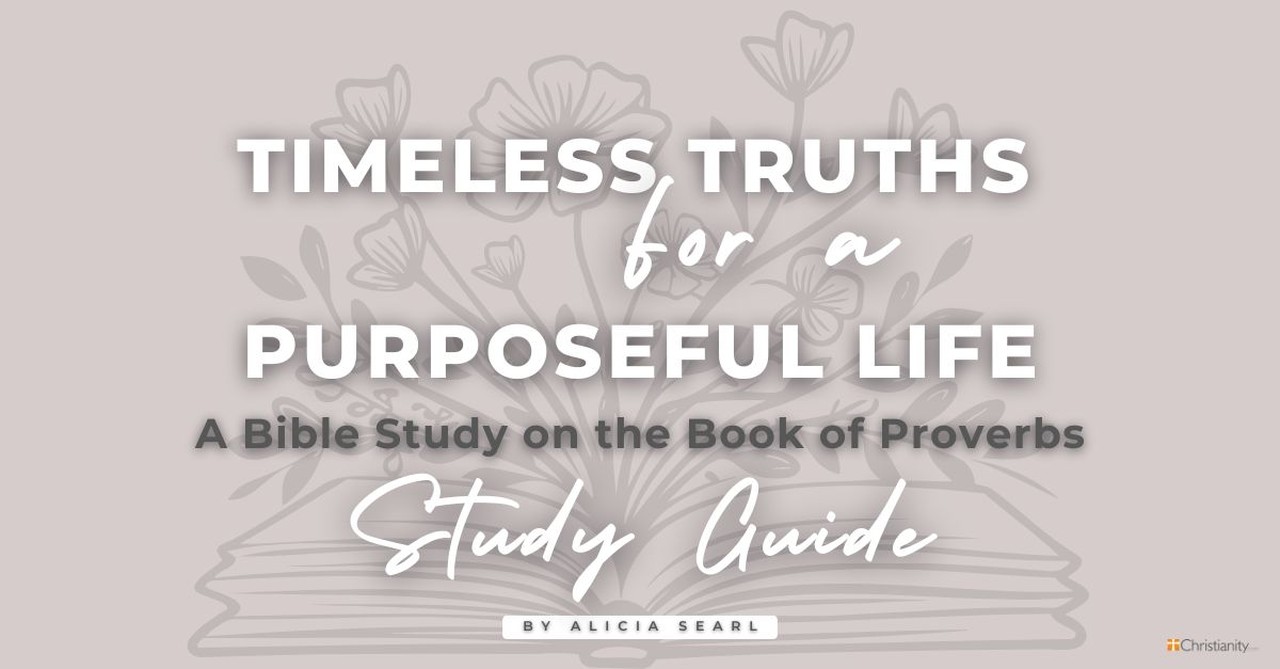Matthew 22:15-40
Paying Taxes to Caesar
15 That's when the Pharisees plotted a way to trap him into saying something damaging. 16 They sent their disciples, with a few of Herod's followers mixed in, to ask, "Teacher, we know you have integrity, teach the way of God accurately, are indifferent to popular opinion, and don't pander to your students. 17 So tell us honestly: Is it right to pay taxes to Caesar or not?" 18 Jesus knew they were up to no good. He said, "Why are you playing these games with me? Why are you trying to trap me? 19 Do you have a coin? Let me see it." They handed him a silver piece. 20 "This engraving - who does it look like? And whose name is on it?" 21 They said, "Caesar." "Then give Caesar what is his, and give God what is his." 22 The Pharisees were speechless. They went off shaking their heads.
The Question about the Resurrection
23 That same day, Sadducees approached him. This is the party that denies any possibility of resurrection. 24 They asked, "Teacher, Moses said that if a man dies childless, his brother is obligated to marry his widow and get her with child. 25 Here's a case where there were seven brothers. The first brother married and died, leaving no child, and his wife passed to his brother. 26 The second brother also left her childless, then the third - and on and on, all seven. 27 Eventually the wife died. 28 Now here's our question: At the resurrection, whose wife is she? She was a wife to each of them." 29 Jesus answered, "You're off base on two counts: You don't know your Bibles, and you don't know how God works. 30 At the resurrection we're beyond marriage. As with the angels, all our ecstasies and intimacies then will be with God. 31 And regarding your speculation on whether the dead are raised or not, don't you read your Bibles? The grammar is clear: God says, 32 'I am - not was - the God of Abraham, the God of Isaac, the God of Jacob.' The living God defines himself not as the God of dead men, but of the living." 33 Hearing this exchange the crowd was much impressed.
The Great Commandment
34 When the Pharisees heard how he had bested the Sadducees, they gathered their forces for an assault. 35 One of their religion scholars spoke for them, posing a question they hoped would show him up: 36 "Teacher, which command in God's Law is the most important?" 37 Jesus said, "'Love the Lord your God with all your passion and prayer and intelligence.' 38 This is the most important, the first on any list. 39 But there is a second to set alongside it: 'Love others as well as you love yourself.' 40 These two commands are pegs; everything in God's Law and the Prophets hangs from them."


.jpg)

Matthew Henry's Commentary on Matthew 22:15-40
Commentary on Matthew 22:15-22
(Read Matthew 22:15-22)
The Pharisees sent their disciples with the Herodians, a party among the Jews, who were for full subjection to the Roman emperor. Though opposed to each other, they joined against Christ. What they said of Christ was right; whether they knew it or not, blessed be God we know it. Jesus Christ was a faithful Teacher, and a bold reprover. Christ saw their wickedness. Whatever mask the hypocrite puts on, our Lord Jesus sees through it. Christ did not interpose as a judge in matters of this nature, for his kingdom is not of this world, but he enjoins peaceable subjection to the powers that be. His adversaries were reproved, and his disciples were taught that the Christian religion is no enemy to civil government. Christ is, and will be, the wonder, not only of his friends, but of his enemies. They admire his wisdom, but will not be guided by it; his power, but will not submit to it.
Commentary on Matthew 22:23-33
(Read Matthew 22:23-33)
The doctrines of Christ displeased the infidel Sadducees, as well as the Pharisees and Herodians. He carried the great truths of the resurrection and a future state, further than they had yet been reveled. There is no arguing from the state of things in this world, as to what will take place hereafter. Let truth be set in a clear light, and it appears in full strength. Having thus silenced them, our Lord proceeded to show the truth of the doctrine of the resurrection from the books of Moses. God declared to Moses that he was the God of the patriarchs, who had died long before; this shows that they were then in a state of being, capable of enjoying his favour, and proves that the doctrine of the resurrection is clearly taught in the Old Testament as well as in the New. But this doctrine was kept for a more full revelation, after the resurrection of Christ, who was the first-fruits of them that slept. All errors arise from not knowing the Scriptures and the power of God. In this world death takes away one after another, and so ends all earthly hopes, joys, sorrows, and connexions. How wretched are those who look for nothing better beyond the grave!
Commentary on Matthew 22:34-40
(Read Matthew 22:34-40)
An interpreter of the law asked our Lord a question, to try, not so much his knowledge, as his judgment. The love of God is the first and great commandment, and the sum of all the commands of the first table. Our love of God must be sincere, not in word and tongue only. All our love is too little to bestow upon him, therefore all the powers of the soul must be engaged for him, and carried out toward him. To love our neighbour as ourselves, is the second great commandment. There is a self-love which is corrupt, and the root of the greatest sins, and it must be put off and mortified; but there is a self-love which is the rule of the greatest duty: we must have a due concern for the welfare of our own souls and bodies. And we must love our neighbour as truly and sincerely as we love ourselves; in many cases we must deny ourselves for the good of others. By these two commandments let our hearts be formed as by a mould.